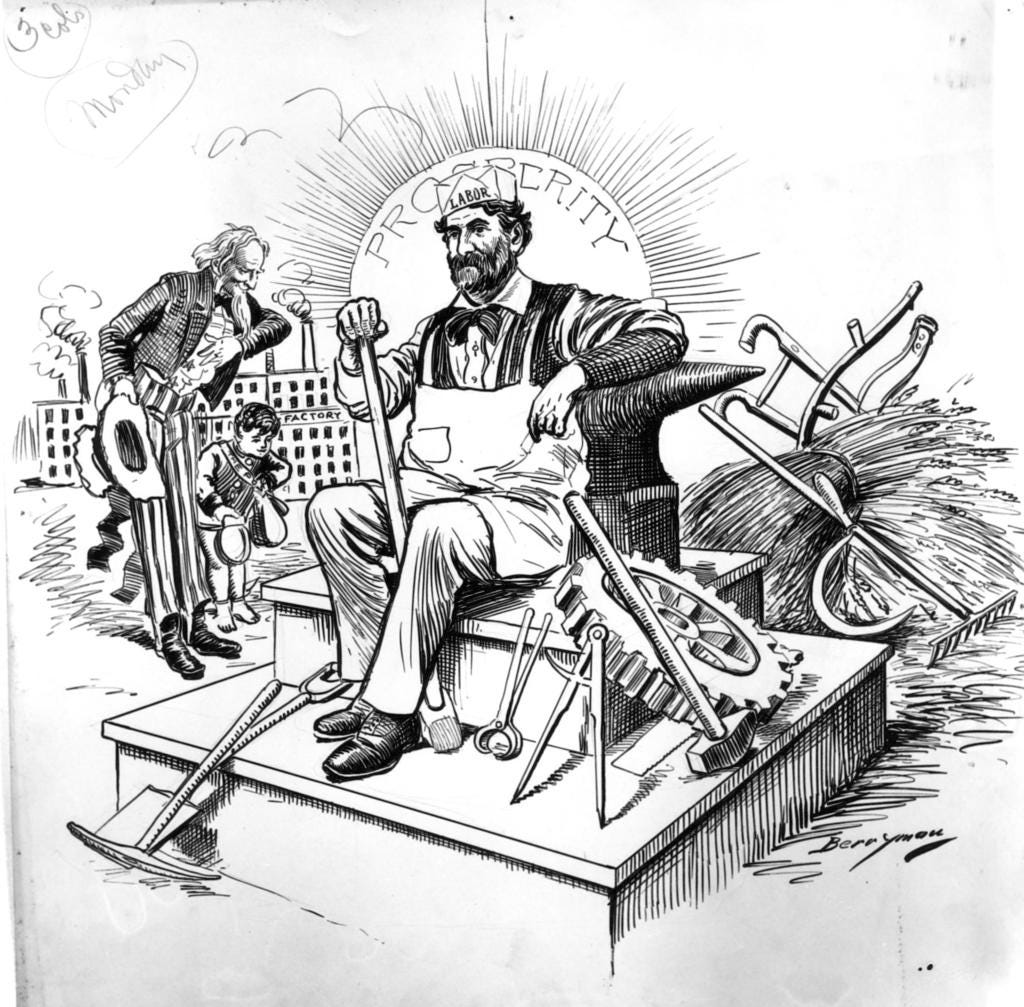Every American Worker Should Have the Right to Fair Scheduling and Paid Sick Leave
Many Low-Wage Workers Don’t Get to Enjoy Their Labor Day Weekend
While many of us celebrate Labor Day with a backyard barbeque, an afternoon at the beach, or a trip to the ballpark, it’s easy to forget that millions of American workers are still struggling to achieve the kinds of lives that allow them such commonplace luxuries. As an Economic Policy Institute (EPI) report on flexible work indicated, “The United States continues to lag behind other industrialized democracies when it comes to a national paid leave law protecting workers. The U.S.’ lack of paid leave policies—family, medical, and sick leave—has a disproportionately harsh impact on low-wage workers, who are predominantly women, immigrants, and people of color.”
Throughout our history and at present, workers on the bottom rung of the economic ladder suffer the most from this situation, and, as the EPI notes, “These workers are far less likely to receive paid time off or have flexibility in controlling their work schedules, even though their need for leave is every bit as acute.” Thus, even as most workers voice their desire for flexibility, paid leave, and predictable scheduling, companies are doing all they can to prevent it from happening.
This is the product of the failings of the gig economy that promises big but never delivers. Many gig workers are misclassified as “independent contractors” and are thus robbed of employment-based benefits and wages, as financial responsibility for things like Social Security taxes are shifted onto them even as they lose other basic protections on the job. In sum, rather than freedom and choice, many workers get the short end of the stick economically while still ending up working on holidays and not receiving benefits.
Not surprisingly, the EPI report finds that one of the key solutions to this problem is unionization. Unionized employees have both more predictability and input on their work schedules as well as other benefits. As the report outlines:
86% of unionized workers have paid sick time at work, compared with 72% of workers without a union (Gould 2020). Unionized workers have more input into the number of hours they work each week. Unionized workers are far more likely to know their work schedules four weeks or more in advance compared with nonunion workers. Thus, unionized workers are far more likely to have the stable jobs with good wages and benefits that workers seek . . . In addition to providing paid leave and other benefits, unions and employers have created mechanisms through collective bargaining for workers to have part-time, flexible schedules, along with scheduling predictability and certainty that allows workers time to meet their other needs.
Hence, EPI argues for the “passage of policies that empower workers and provide the benefits they want and deserve.” At the federal level, this means finally passing the PRO Act to help with worker organizing, the Healthy Families Act to ensure sick leave, and the Schedules that Work Act to provide stability and fairness on the job. State legislators need to follow this course as well so American workers everywhere finally have the kind of basic labor standards and workplace autonomy that everyone deserves.
Of course, unionization is the fastest route possible for people to ensure they get more rights on the job, particularly if the government is slow to deliver legislation. Labor historians like to remind us that somebody died for your weekend during the bloody struggles and strikes before we had any rights in the workplace. It’s long past time that all American workers can enjoy more autonomy on the job as a fundamental right, which is part of a decent, fulfilling life that brings not just bread but roses too.
Happy Labor Day, fellow workers and friends.



